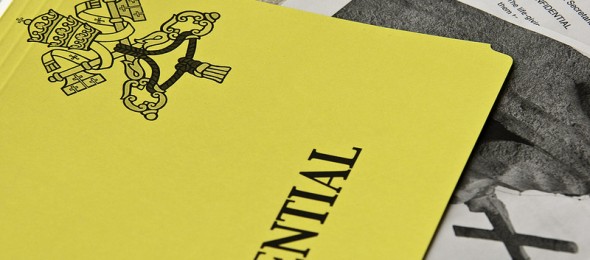Professor Mark R. Patterson, Fordham University School of Law, has published “Confidentiality in Patent Dispute Resolution: Antitrust Implications,” Washington Law Review, Forthcoming; Fordham Law Legal Studies Research Paper No. 3026369. In his journal article, Professor Patterson examines the relationship between confidentiality, arbitration, and antitrust laws in the context of patent disputes.
Here is the abstract:
Information is critical to the functioning of the patent system. Legal rules encouraging the patent challenges that produce information regarding patent validity and scope are evidence of this importance. In contrast, licensing terms are often subject to confidentiality agreements. On the one hand, this is not surprising: sellers and buyers do not normally publicize the details of their transactions. On the other hand, explicit confidentiality agreements are not common in other markets, and they may be particularly problematic for patents, where a patent’s elimination of competition can increase market uncertainty.
Information about licensing terms is particularly important in one of today’s most important patent licensing contexts: FRAND licensing. Standard-setting organizations that define the technologies used in important products like smartphones typically require their members to commit to license patented technologies that are adopted in standards on fair, reasonable, and non-discriminatory (FRAND) terms. The non-discriminatory element of this commitment is difficult for potential licensees to enforce without information about the licensing terms to which other licensees have agreed.
Where confidentiality agreements cause competitive harm, antitrust law may provide a remedy. Several U.S. Supreme Court cases have condemned agreements that suppress information, and those cases could be applied to confidentiality agreements in the patent context. Of course, confidentiality may sometimes be pro-competitive, particularly when it involves only private negotiations. In other con-texts, however, and notably in arbitration, which is a substitute for open court proceedings, the competitive balance is more problematic. Indeed, U.S. patent law mandates that patent arbitration awards be made public through the Patent and Trademark Office, though this requirement is generally ignored.
This Article describes the importance of patent licensing information and discusses the antitrust implications of confidentiality agreements, particularly in the FRAND context and in arbitration. The Article also offers several ways in which parties, standard-setting organizations, and arbitration bodies could seek to avoid the possible anticompetitive effects of confidentiality.
Professor Patterson’s scholarly works may be downloaded without charge from the Social Science Research Network.
Photo credit: michael_swan via Foter.com / CC BY-ND














